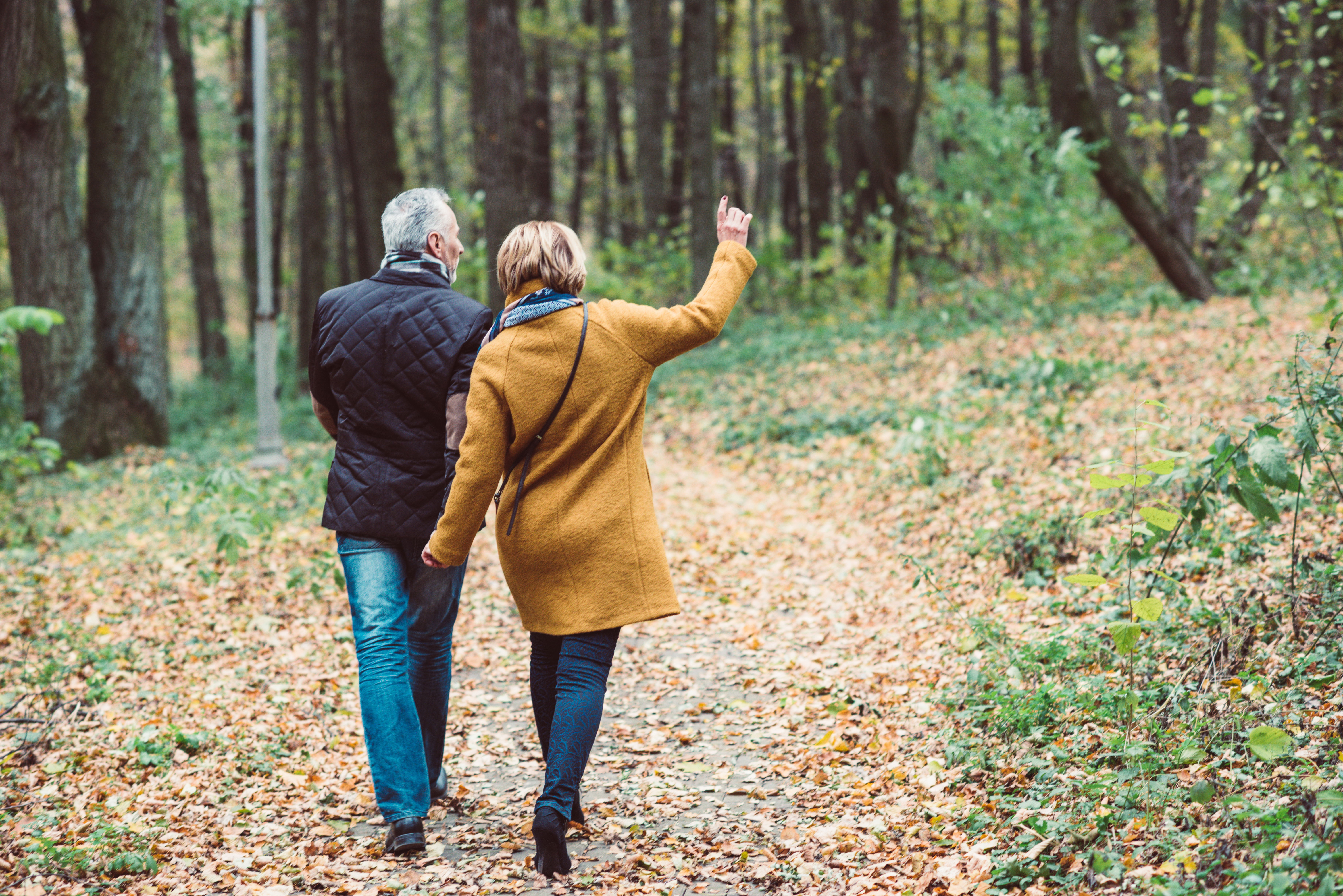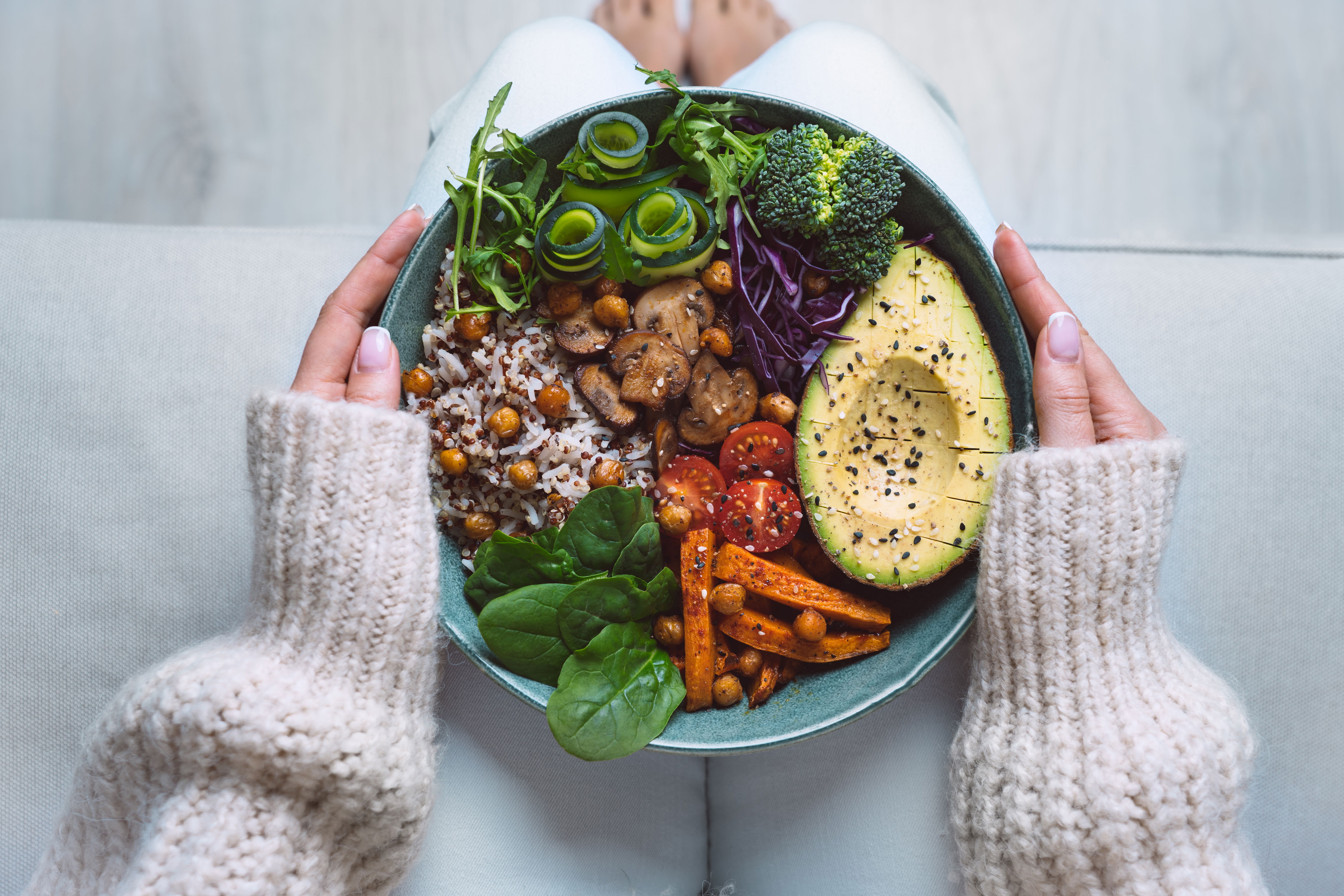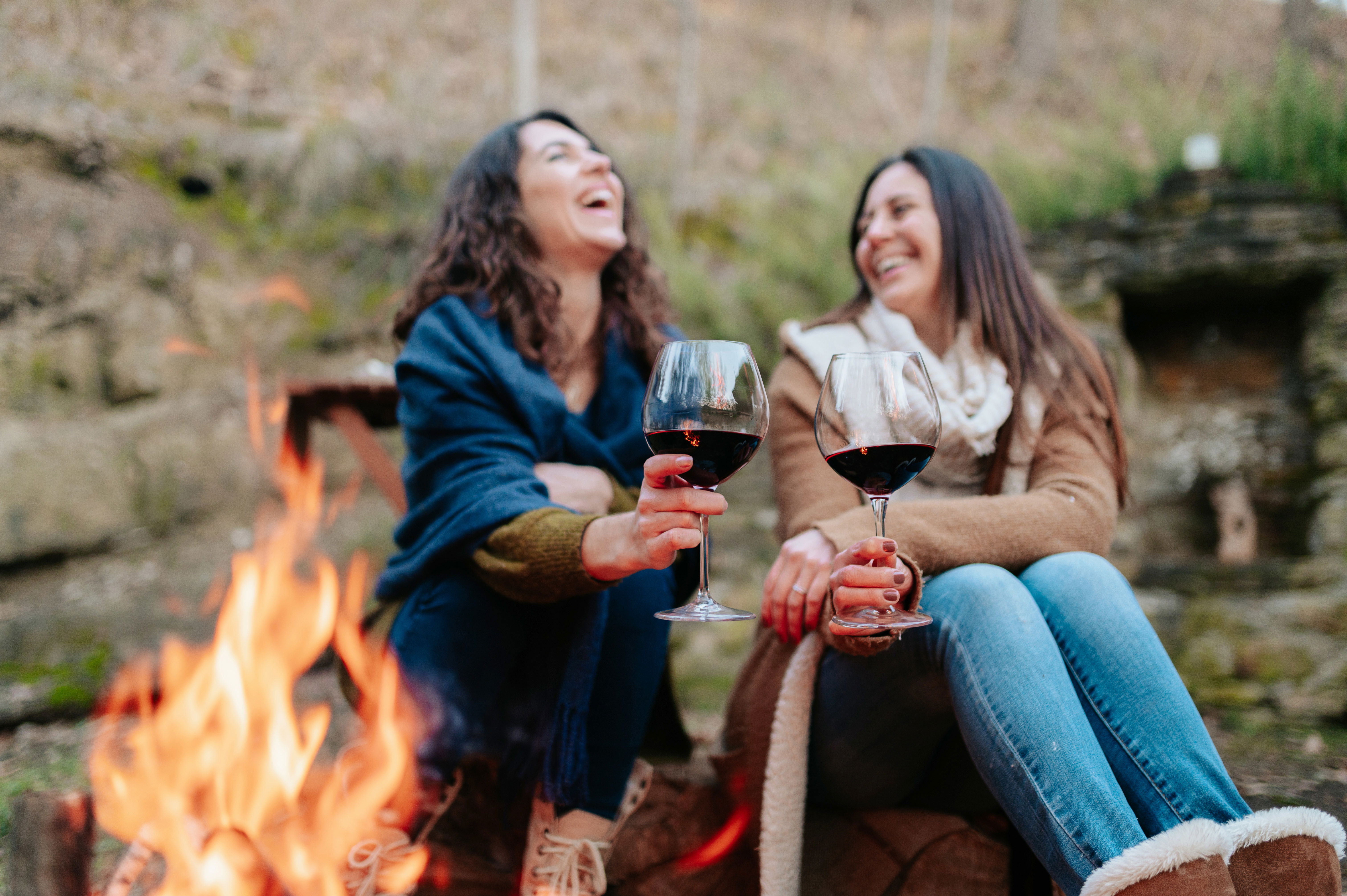Transform your life into a Blue Zone
If the opportunity to live an additional five, ten, or more years in good health and with active vitality were presented to you, wouldn't you seize it? The exciting news is that this chance is already yours, without the need for a complete life overhaul. The key to a longer, more fulfilling life lies in the everyday actions you take, such as the food you consume, the friends you cherish, and your general attitude towards life. Inhabitants of the original Blue Zones regions adhere to shared lifestyle practices known as the Power 9®—these habits contribute to their extended, healthier, and more joyful lifespans.
The journey began with a team of researchers and scientists led by Dan Buettner embarking on a seven-year mission to discover the secrets of a longer, healthier, and more fulfilling life. They identified five regions in the world, known as Blue Zones® areas, where individuals lead active lives with fewer diseases into their advanced years.
While each Blue Zones area has its unique approach to longevity, they all share nine common elements that contribute to their inhabitants' well-being. These nine simple yet impactful lifestyle habits emphasize natural movement, wise eating, having a purpose, and being part of a social community.
Transform your life into a Blue Zone with these Power 9® Principles
1. Move Naturally
Regular movement throughout the day is more advantageous than dedicating a specific time for exercise amidst long periods of sitting or desk-bound work.
Western societies, particularly those in white-collar jobs, suffer from extended sedentary periods, with studies indicating that sitting could be as harmful as smoking. Inhabitants of Blue Zones don't engage in exercise as it's known in the West.
Their physical activity comes from simple laborious tasks, integrated into their daily lives without the aid of modern conveniences. The countless health benefits of regular, moderate physical activity are well-documented.
Constant movement and engaging in physical tasks release neurotransmitters in the body, such as endorphins, serotonin, and dopamine. Blue Zone residents don't frequent gyms or train for marathons; their fitness is a by-product of their lifestyle.
To emulate this, make your lifestyle active: cycle instead of driving, walk to shops, and choose stairs over elevators. Incorporate enjoyable activities into your routine for a naturally active life.

2. Know Your Purpose
The decreased mortality risk may be linked to the positivity derived from discovering one's life purpose. Blue Zone residents lead meaningful lives, affirming the value of enriching one's existence. This could be a lifelong journey towards a happier and healthier existence.
Certain regions have a way of expressing this purpose: Okinawans refer to it as "Ikigai" and Nicoyans as "plan de vida", both terms roughly meaning "why I wake up in the morning" or "a reason for being."
Embracing this sense of life's worth fosters a clear purpose and has proven beneficial for the longevity of Blue Zone inhabitants, enhancing their lives and those around them.
People have varied interests; engaging in activities you deem valuable, be it pursuing a career, aiding others, or nurturing a family, can imbue your days with greater significance.
3. Down Shift
Downshifting is a lifestyle choice that enhances quality of life by reducing stress, which is crucial for a long and healthy existence.
While stress is a natural part of life, serving an essential role in our instinctual responses to threats and demanding situations, it is generally best to minimize it.
Excessive stress can have detrimental effects, leading to serious health issues like chronic inflammation, heart disease, diabetes, hypertension, and mental health conditions such as anxiety and depression.
It's beneficial to take moments to cherish simple joys of life, such as watching a sunset, enjoying a nutritious meal, or sharing a glass of wine with a close friend.

4. 80% Rule
Inhabitants of Blue Zone regions adhere to the 80% rule, halting their food intake when their stomachs are 80% full, thus avoiding overeating. This practice promotes a moderate caloric intake, potentially averting weight gain and chronic illnesses.
Eating mindfully and at a slower pace creates a 20% buffer, enhancing satiety compared to fast eating. This is attributed to the satiety hormones, which only reach their peak effect about 20 minutes post-meal.
5. Plant Based Diet
The Blue Zone diet is characterized by its plant-centric approach, with a primary focus on a vegetarian diet. Meat consumption is minimal, typically limited to once a week or special occasions.
This diet emphasizes local and homegrown produce, including vegetables and fruits from personal gardens. Residents of Blue Zone areas tend to rely on their land's yield, avoiding processed foods and packaged chemicals.

6. Moderate Alcohol Consumption (Wine at 5)
In Blue Zone regions, it's customary to enjoy a glass or two of wine daily, often consumed moderately with friends and family during meals. T
he health benefits of moderate alcohol consumption, however, vary depending on the type of alcohol. Red wine, especially that made from certain grape varieties like Grenache, is noted for its exceptionally high antioxidant content relative to other wines.
These antioxidants combat free radicals and prevent cellular damage, which may play a significant role in promoting longevity.

7. Engagement in Community, Spirituality or Religion
Blue Zones are areas where spirituality or religion is often practiced. Being part of a faith-based community can extend life expectancy by up to 14 years and is linked to lower rates of depression and stress.
These cultures prioritize rest and reflection through rituals or prayer, which contrasts with the constant fight-or-flight response that can lead to cardiovascular diseases and Alzheimer's.
Engaging in daily meditation, focusing on creative activities, or taking a break from technology can aid in achieving tranquility and self-centering. A commitment to spirituality is frequently correlated with an enhanced quality of life.
8. Engagement in Family Life
Research has shown that those residing in Blue Zones place great importance on family ties. It's common for them to live in multi-generational homes, with grandparents sharing a household with their descendants.
These tight-knit family units acknowledge that their decisions and life events affect not just themselves but their relatives as well. They experience triumphs and setbacks collectively, facing life's challenges as a unit.
A strong emphasis is placed on nurturing familial bonds and cherishing loved ones. Such relationships are fortified through affection and proximity, which in turn inspires younger generations to look after their elderly parents, perpetuating this familial cycle.
Studies have also indicated that grandparents who frequently interact with or live close to their grandchildren tend to have a reduced risk of depression and mortality.

9. Active Social Life
Active participation in social life has been shown to benefit health by combating depression, reducing stress, and lowering the risk of cardiovascular diseases and other conditions.
The right tribe and a positive community can encourage healthy behaviours. Inhabitants of Blue Zones enjoy strong friendships and social bonds, which foster positive hormonal responses that benefit mental and overall well-being.
Conversely, loneliness can have numerous negative effects and significantly impact health and mortality risk. Residents of Blue Zones are inherently cognizant of this, as evidenced by the Okinawans who have established moais—a lifelong commitment among groups of friends, providing support, interaction, and shared life experiences. This strong connection between longevity and social networks has had a positive influence on their health.
You can also enhance your well-being by incorporating the Power 9 Principles into your everyday life. These simple tips are designed to maximize life's enjoyment.
Fortunately, you don't need to adopt all nine lifestyle habits simultaneously to reap their benefits. Enhancing your wellbeing can be achieved by taking time to unwind, cherishing moments with family and friends, eating nourishing foods, and participating in activities that bring joy.
For those interested in exploring Blue Zones, Dan Buettner has authored a variety of books, including cookbooks, that delve into this topic.
The Blue Zones Kitchen: 100 Recipes to Live to 100
The Blue Zones: Lessons for Living Longer From the People Who’ve Lived the Longest
The Blue Zones Solution: Eating and Living Like the World’s Healthiest People
The Blue Zones of Happiness: Lessons From the World’s Happiest People
The Blue Zones, Second Edition: 9 Lessons for Living Longer From the People Who’ve Lived the Longest
Thrive: Finding Happiness the Blue Zones Way
